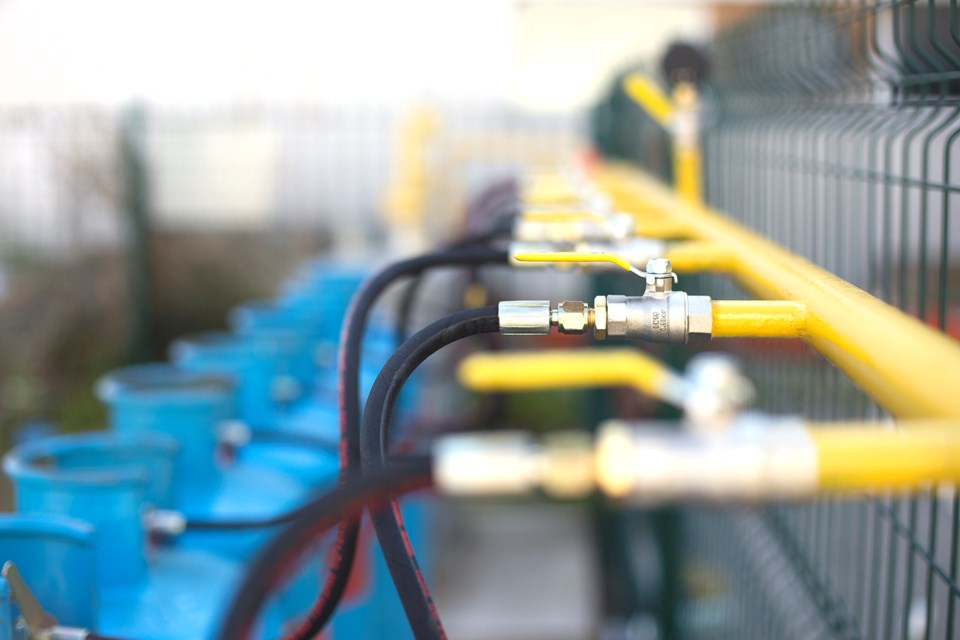That Germany has given up on Canada to supply liquefied natural gas (LNG) and instead signed a massive multi-year LNG purchase agreement with Qatar has left many angry and disappointed.
Investment manager and perennial oil bull Eric Nuttall recently visited Qatar and Saudi Arabia and wrote an opinion piece for the Financial Post titled, “Canada could be as green and wealthy as Qatar and Saudi Arabia if government wakes up – instead of vilifying the oil and gas sectors, Canada should champion them.”
Nuttall described how Saudi Arabia and Qatar are investing their enormous energy wealth to improve their citizens’ lives. This includes decarbonizing future domestic energy supplies and making large investments in infrastructure.
Nuttall concludes, “Why is it that Qatar, a country that embraced its LNG industry, has nearly three times the number of doctors per capita than Canada? We can do it all: increase our oil and natural gas production, at the highest environmental standards anywhere in the world, thereby allowing us to help meet the world’s needs while benefiting from its revenue and allowing for critical incremental investments in our national infrastructure … This could have been us.”
The country most often mentioned that Albertans should emulate is Norway.
Alberta’s Heritage Savings and Trust Fund has been stuck below $20 billion since it was created by Premier Peter Lougheed in 1976. Norway’s Sovereign Wealth Fund, which started 20 years later in 1996, now sits at US$1.2 trillion.
How often have you been told that if Alberta’s politicians weren’t so incompetent, our province would have a much larger nest egg after 47 years?
After all, Canada and Alberta have gobs of natural gas and oil, just like Qatar and Norway.
Regrettably, that’s all we have in common.
That Qatar and Norway’s massive hydrocarbon assets are offshore is an enormous advantage that producers in the Western Canada Sedimentary Basin will never enjoy. All pipelines are submerged. There are no surface access problems on private property, no municipal property taxes or surface rights payments, and there are no issues with First Nations regarding land claims, treaty rights and constitutional guarantees.
Being on tidewater is a huge advantage when it comes to market access, greatly reducing operating and transportation costs.
But it’s more complicated than that, and has been for a long time. In 1990, Olympic athlete and businessman William G. Gairdner wrote a book titled, The Trouble with Canada – Still!: A Citizen Speaks Out. It takes Gairdner 450 pages to explain how one of the most unique places in the world in terms of resource wealth and personal and economic opportunity was fading fast.
That was 33 years ago. Nothing has improved.
Gairdner was concerned that Canada was already “caught between two irreconcilable styles of government, a ‘top down’ collectivism and a ‘bottoms-up’ individualism.” He shows how Canadian society has been corrupted by a dangerous love affair with the former.
Everything, from the constitution to official bilingualism to public health care, was identified as the symptoms of a country heading in the wrong direction.
But Canadian “civil society” often regards these as accomplishments.
What’s remarkable about comparing Canada to Norway or Qatar for missed hydrocarbon export opportunities is how many are convinced that the Canadian way of doing things is equal, if not superior, to that of other countries.
But neither Norway nor Qatar has the geographical, jurisdictional, regulatory and political obstacles that impair resource development in Canada.
Norway has over 1,000 years of history shared by a relatively homogenous population with similar views on many issues. In other words, it has a clear sense of its national identity.
As a country, Canada, in its current form, has only 156 years of history and is comprised of Indigenous people and newcomers from all over the world who are still getting to know each other.
While relatively new as a country, Qatar is ruled by a “semi-constitutional” monarchy where a handful of people make the major decisions about economic development.
Canada has three layers of elected governments – federal, provincial and municipal – that have turned jurisdictional disputes, excessive regulation, and transferring more of everything to the public sector into an industry.
Regrettably, saying that Canada should be more like Norway or Qatar without understanding why it can’t be deflects attention away from our challenges and solutions.
David Yager is an oilfield service executive, oil and gas writer, and energy policy analyst. He is author of From Miracle to Menace – Alberta, A Carbon Story.



